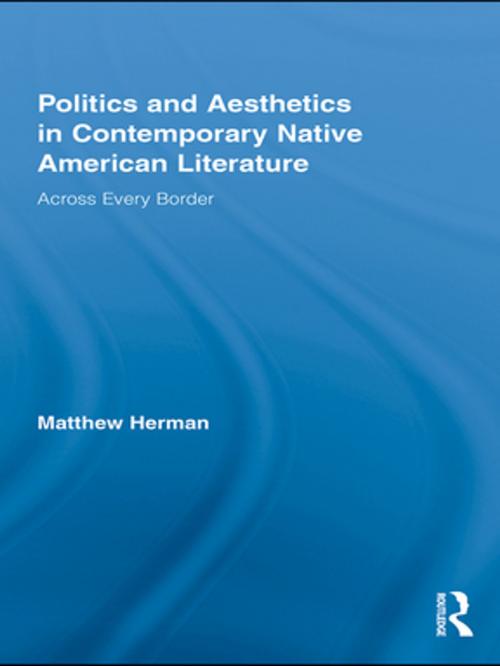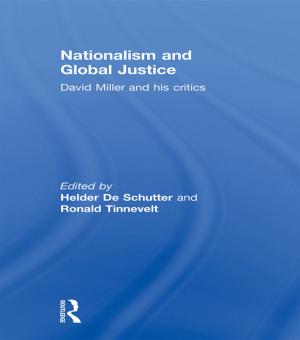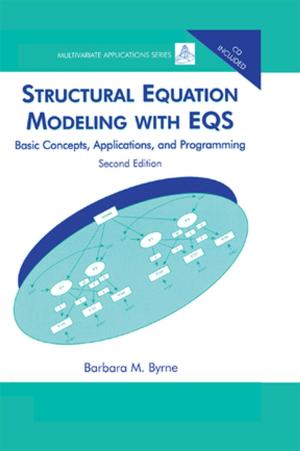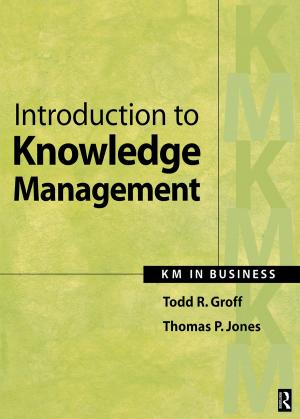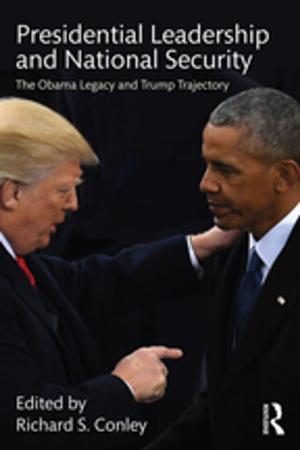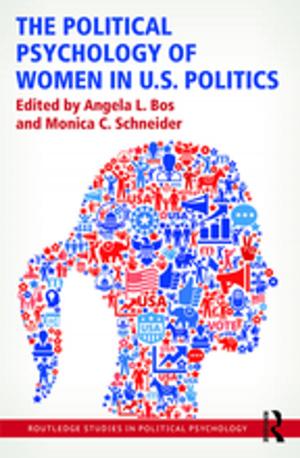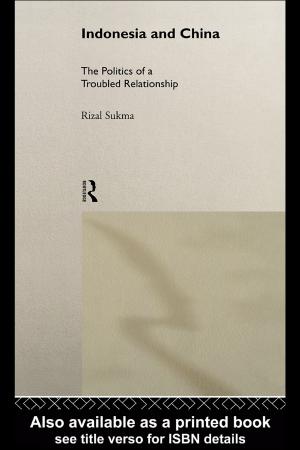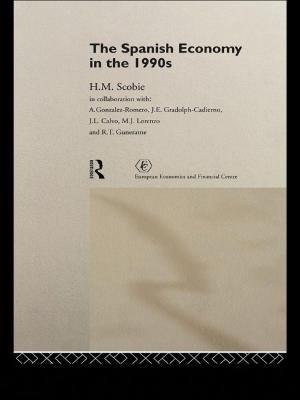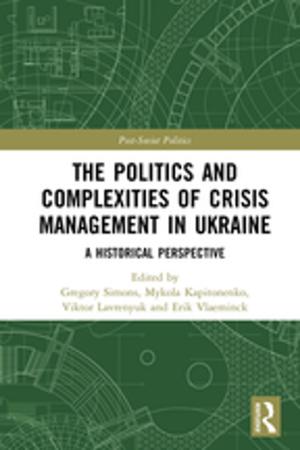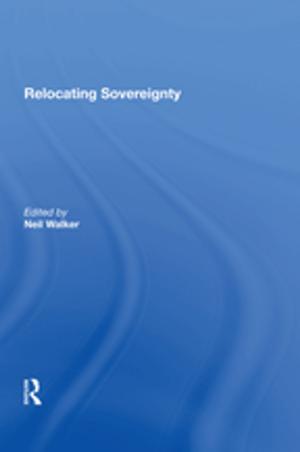Politics and Aesthetics in Contemporary Native American Literature
Across Every Border
Fiction & Literature, Literary Theory & Criticism, Native American, Nonfiction, Social & Cultural Studies, Social Science, Cultural Studies, Native American Studies, Political Science| Author: | Matthew Herman | ISBN: | 9781135163532 |
| Publisher: | Taylor and Francis | Publication: | February 1, 2010 |
| Imprint: | Routledge | Language: | English |
| Author: | Matthew Herman |
| ISBN: | 9781135163532 |
| Publisher: | Taylor and Francis |
| Publication: | February 1, 2010 |
| Imprint: | Routledge |
| Language: | English |
Over the last twenty years, Native American literary studies has taken a sharp political turn. In this book, Matthew Herman provides the historical framework for this shift and examines the key moments in the movement away from cultural analyses toward more politically inflected and motivated perspectives. He highlights such notable cases as the prevailing readings of the popular within Native American writing; the Silko-Erdrich controversy; the ongoing debate over the comparative value of nationalism versus cosmopolitanism within Native American literature and politics; and the status of native nationalism in relation to recent critiques of the nation coming from postmodernism, postcolonialism, and subaltern studies. Herman concludes that the central problematic defining the last two decades of Native American literary studies has involved the emergence in theory of anti-colonial nationalism, its variants, and its contradictions. This study will be a necessary addition for students and scholars of Native American Studies as well as 20th-century literature.
Over the last twenty years, Native American literary studies has taken a sharp political turn. In this book, Matthew Herman provides the historical framework for this shift and examines the key moments in the movement away from cultural analyses toward more politically inflected and motivated perspectives. He highlights such notable cases as the prevailing readings of the popular within Native American writing; the Silko-Erdrich controversy; the ongoing debate over the comparative value of nationalism versus cosmopolitanism within Native American literature and politics; and the status of native nationalism in relation to recent critiques of the nation coming from postmodernism, postcolonialism, and subaltern studies. Herman concludes that the central problematic defining the last two decades of Native American literary studies has involved the emergence in theory of anti-colonial nationalism, its variants, and its contradictions. This study will be a necessary addition for students and scholars of Native American Studies as well as 20th-century literature.
